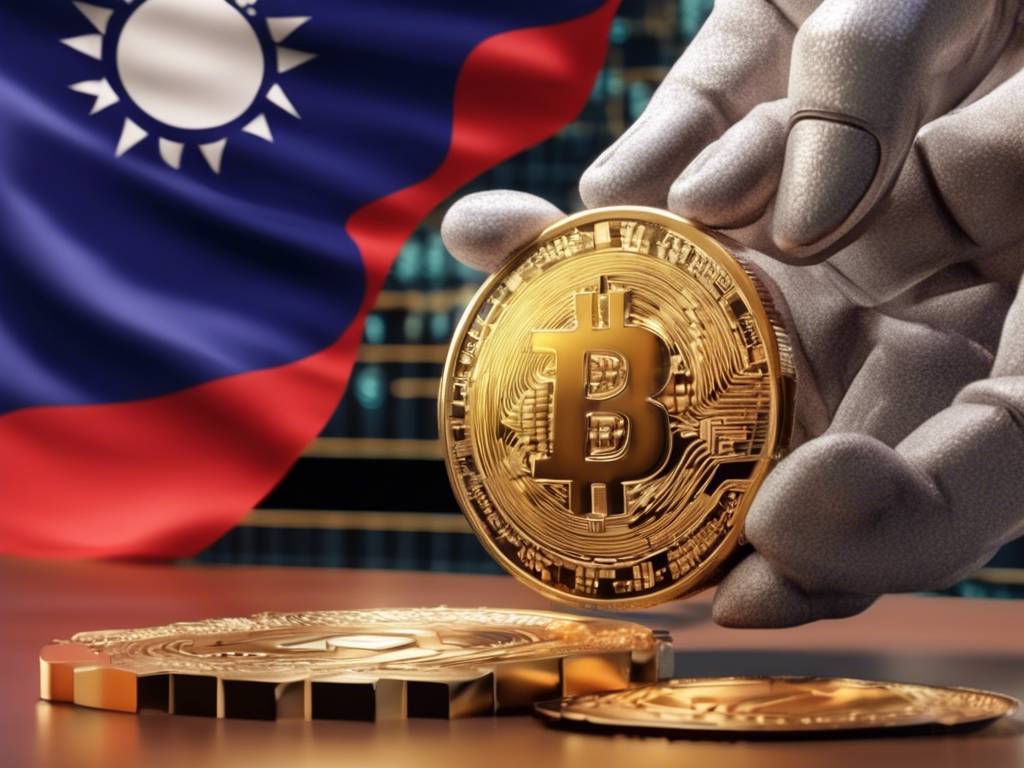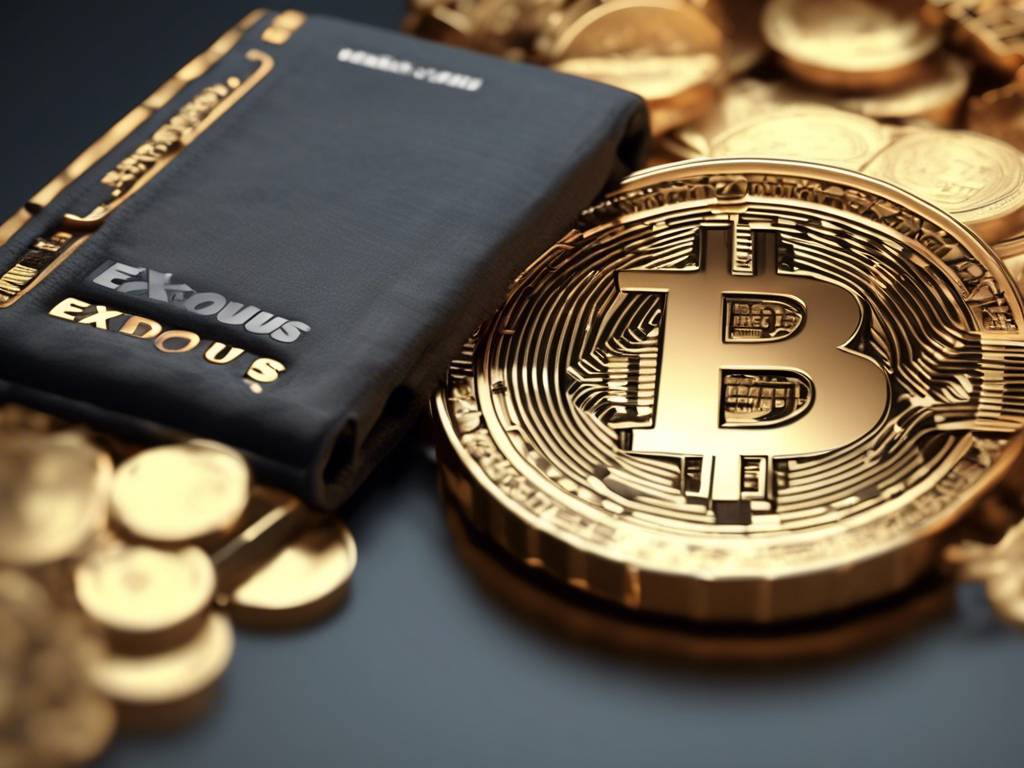The Evolution of Anti-Money Laundering Regulation in Taiwan’s Crypto Industry 🌐
Taiwan’s Ministry of Justice has proposed amendments to strengthen anti-money laundering measures in the cryptocurrency sector. The new regulations aim to shift from administrative penalties to criminal charges for non-compliance, marking a significant change in the regulatory landscape.
Enhancing Regulatory Compliance through Legal Reforms 📜
• The proposed legal framework requires crypto firms to register and adhere to AML regulations
- Failure to comply may result in severe consequences, including imprisonment
• Previously, Taiwanese authorities could only impose fines for AML protocol violations
- Proposed amendments seek to introduce criminal penalties for non-compliance
• Draft amendments could lead to prison sentences of up to two years for non-compliant entities
- Overseas platforms serving Taiwanese customers must establish local presence and register for AML compliance
Expanding the Scope of Anti-Money Laundering Laws in the Crypto Sector 🌐
• The amendments target compliance for crypto firms and include specific provisions for digital assets in Taiwan’s AML legislation
- Individuals involved in money laundering using cryptocurrencies could face prison terms and hefty fines
• Inclusion of cryptocurrencies in AML laws demonstrates Taiwan’s commitment to combating financial crimes in the digital era
- The proposed changes await review by the Legislative Yuan to become law
• Taiwan has been actively regulating its crypto market by introducing guidelines and rules to ensure a robust regulatory framework
- The Financial Supervisory Commission implemented AML rules for digital currency service providers in July 2021
- Recent guidelines set standards for customer protection and operational constraints for offshore digital currency platforms
Moving Towards Stricter AML Enforcement in the Cryptocurrency Sector 🔒
The proposed amendments by Taiwan’s Ministry of Justice represent a significant shift towards implementing stricter anti-money laundering measures in the cryptocurrency industry. By transitioning from administrative penalties to criminal charges, Taiwan aims to enhance regulatory compliance and ensure a more secure environment for digital asset transactions.





 By
By
 By
By



 By
By